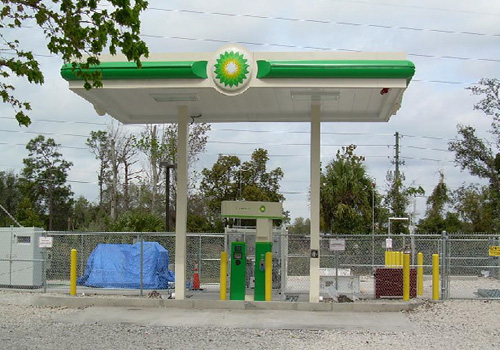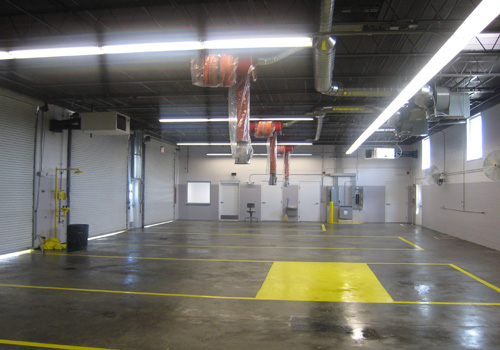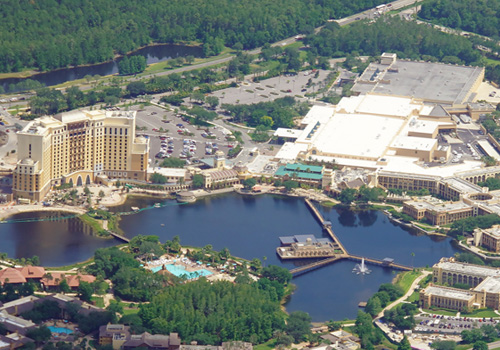- contact@constructtwo.com
- 407-295-9812
- Opening Time : 8:00AM - 5:00PM MON-FRI

COMPLETION DATE:
MARCH 2021
PROJECT SIZE:
275,000 square feet, 700-bed residential facility with 250-space parking
PROJECT COST:
$12.4 MILLION
PRESENT STATUS:
COMPLETED
Project Overview
The Florida A&M University Student Housing Development project delivered a comprehensive 275,000 square foot residential complex accommodating 700 students in a modern living-learning environment. Completed in March 2021 with a construction cost of $12.4 million, this construction management initiative created an integrated residential experience with academic support spaces. What made this project particularly notable was its execution during the COVID-19 pandemic, requiring innovative virtual management approaches while still maintaining quality, schedule, and budget performance. Despite unprecedented challenges, the project team successfully delivered the facility on schedule and $2.3 million under budget, demonstrating exceptional adaptability and construction management expertise. The completed development enhances FAMU’s residential offerings while supporting the university’s commitment to student success through thoughtfully designed collaborative and study spaces.
Project Scope
Construction of a 275,000 square foot student housing complex accommodating 700 residents
Development of integrated academic support spaces including study lounges and collaboration areas
Creation of dedicated meeting facilities supporting student interaction and programming
Implementation of comprehensive site development with utility infrastructure
Construction of a 250-space parking facility serving residential needs
Delivery of preconstruction services including budgeting, scheduling, and value engineering
Performance of constructability analysis ensuring efficient implementation
Provision of technical oversight for complex site development
Implementation of quality assurance protocols ensuring compliance with higher education standards
Development and execution of virtual project management systems during COVID-19 restrictions
Key Features
Integrated Living-Learning Environment: Purpose-designed spaces combining residential and academic support functions
Collaborative Study Areas: Dedicated spaces fostering student interaction and academic engagement
Modern Residential Accommodations: Contemporary living spaces for 700 university students
Academic Support Infrastructure: Study lounges and meeting facilities supporting educational success
Comprehensive Parking Solution: 250-space parking facility integrated with the residential complex
Digital Project Management Systems: Innovative virtual management protocols enabling pandemic-era construction
Infrastructure Integration: Carefully planned utility systems supporting the substantial residential development
Value-Engineered Solutions: Strategic design and construction approaches generating significant cost savings
COVID-19 Adaptation Measures: Special protocols ensuring worker safety and project continuity during the pandemic
University Mission Alignment: Facility design supporting FAMU’s commitment to student success and development
Construction Approach
Virtual Project Management: Implementation of comprehensive digital communication and management systems enabling remote oversight
Structured Communication Protocols: Regular virtual stakeholder meetings and detailed reporting systems ensuring information flow
Pandemic-Adapted Construction: Modified site operations and safety protocols responding to COVID-19 requirements
Supply Chain Management: Proactive procurement strategies mitigating pandemic-related material and equipment delays
Value Engineering: Systematic cost control measures yielding substantial budget savings without compromising quality
Quality Assurance: Rigorous inspection and testing protocols ensuring compliance with institutional standards despite pandemic challenges
Project Challenges
COVID-19 Pandemic:
Managing construction during unprecedented public health restrictions requiring virtual oversight and modified site operations
Supply Chain Disruptions:
Navigating material and equipment procurement challenges during global supply chain interruptions
Remote Coordination:
Maintaining effective communication and decision-making processes through virtual platforms
Safety Protocol Implementation:
Developing and enforcing pandemic-specific safety measures while maintaining construction progress
Workforce Management:
Addressing labor availability and scheduling complexities resulting from public health measures
Stakeholder Engagement:
Maintaining effective university involvement and decision-making through remote communication platforms




